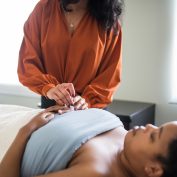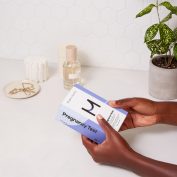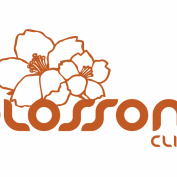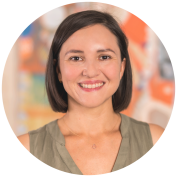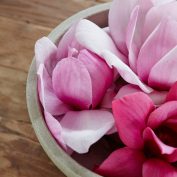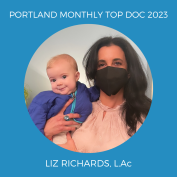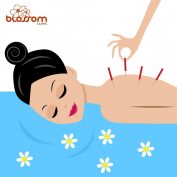Today a patient on the table told me a story of a receptionist at another clinic repetitively using the word infertility during her phone conversation about their services. She was really turned off by this. While my patient was speaking, I was reminded of how I rarely use the word infertility in my work, on my website, and in my blog post writings. Now, while I acknowledge that I would probably get more search hits to my website if I did use the word infertility, I have for years avoided it. Instead I speak of fertility, fertility enhancement and sometimes even pre-fertility or sub-fertility.
I think the use of words is important when describing and treating fertility patients. It is also why I avoid the descriptive terms conquering, beating, fighting and curing when describing the fertility journey. Somehow, years ago I made the conscious decision to do this and I have followed it to this day.
Why, you may ask do I not use a term that a legitimate and defined medical condition? Well, first of all, most of my patients are not infertile. They just haven’t gotten pregnant yet. I could end the discussion there, but there is more to it. Within Chinese Medicine there are many diagnoses that fall under the heading of infertility. No two fertility patients are treated alike and each person has their own diagnosis and corresponding treatment plan.
I can see the response now to these ideas from my readers. There will be two main camps: those that love this idea and those who abhor it. For the latter group, I know definitions are important for health insurance and what-not but I have one thing to say: There are enough places in the world where you are going to be poked and prodded and negatively defined and put into a box. So here at my clinic, the only poking I will do will be with acupuncture needles and we will leave the negativity outside the door. Fertility requires nourishment and receptivity, not laborious effort. It is the ultimate yin with a little bit of yang, not the reverse.
Contributed by Liz Richards, L.Ac., Practitioner of Oriental Medicine since 2002 in Portland, Oregon.

